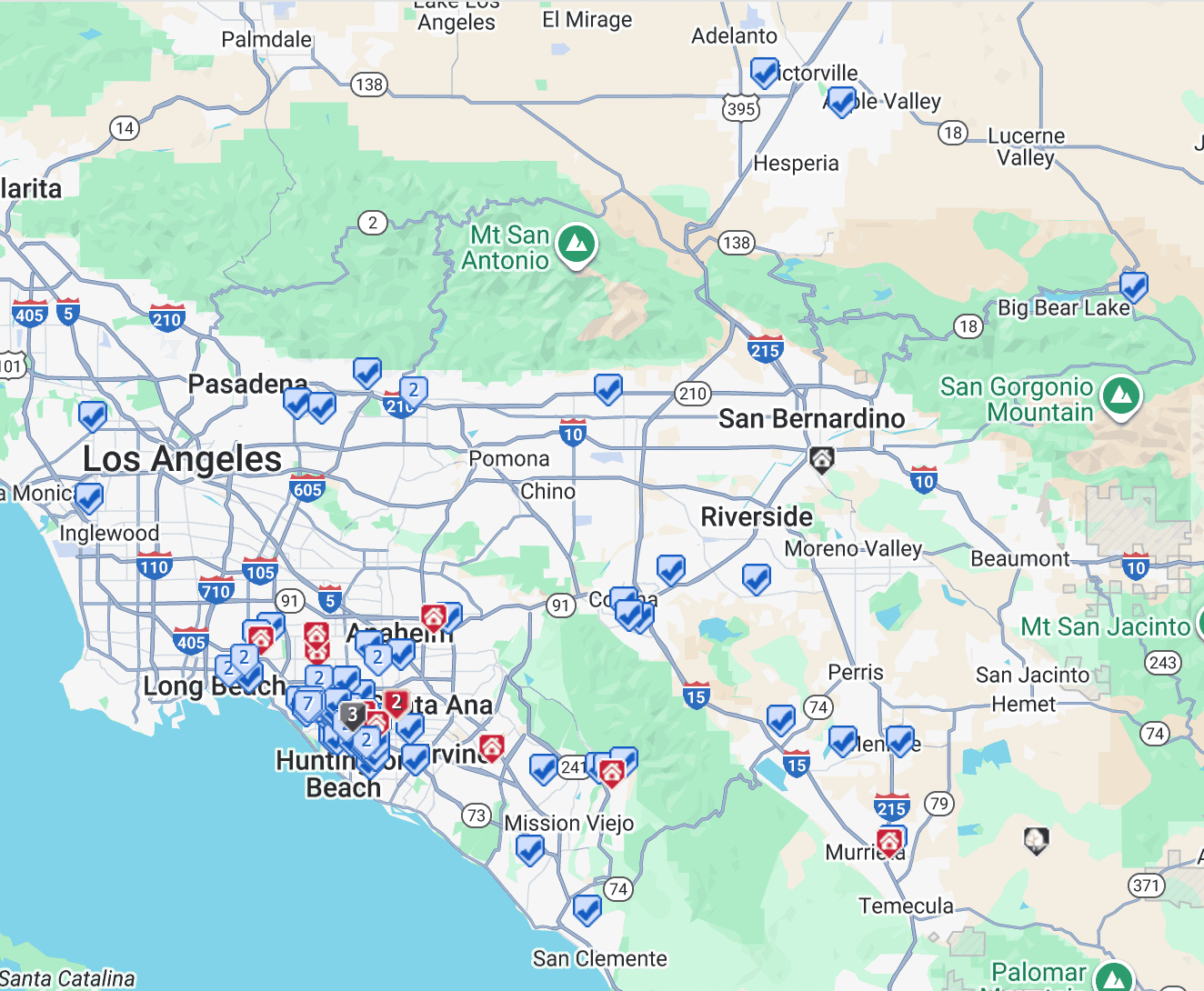
If you've owned income property for any length of time, you know that managing a rental can be financially rewarding. At the same time, you've also likely discovered that property management requires a large commitment of time and effort.
Do I Need a Property Manager to Rent My Home or Investment Property?
As a property owner, you may wonder what the important benefits of hiring a property manager are. While self-management can be a viable option for some, it has limitations, especially for those with multiple properties or busy schedules. Let's consider the factors that can help you determine the need for a property manager.
Time commitment and effort are essential aspects of property management. Managing a property requires handling tenant inquiries, addressing maintenance issues, and collecting rent on time. If you have limited time or find it challenging to handle these tasks, a property manager can take the burden off your shoulders and help you efficiently manage your property.
Personal circumstances can also play a significant role in determining the need for a property manager. It may be difficult to oversee day-to-day operations effectively if you have multiple properties, live far away from your rental property, or have another full-time job. A property manager brings expertise and experience to the table, ensuring your property is well-maintained and tenants are satisfied without you having to lift a finger.
10 Benefits of Hiring a Property Manager
Hiring a property manager offers many benefits to make your investment more successful and profitable. Let's explore a few of them below.
1. Setting the right rental rates
While looking through the internet to see what other landlords are charging for similar properties is a fine way to ballpark your rent price, a good property management company will conduct a thorough market study in order to set a rental price for your property, ensuring that you achieve the perfect balance between maximizing monthly income and maintaining a low vacancy rate.
2. Collecting and depositing monthly rent payments on time
Securing payment from clients can be difficult, not to mention awkward. Property management companies have efficient, tried-and-true systems in place to effectively collect rent and maintain on-time payments. You'll find this particularly important if you have a limited number of properties, and collecting payments on time is crucial to maintaining your cash flow.
3. Marketing and advertising your property
Through long experience, a property manager will know exactly where to market your property and how to craft compelling advertising materials—a significant advantage when it comes to filling your properties quickly and avoiding long vacancies.
4. Finding the right tenants
Experienced property managers are experts at finding and screening tenants, and will take care of all the details, including securing all criminal background and security checks, running credit reports, verifying employment, and collecting previous landlord references on your potential tenants.
5. Managing tenants
In addition to finding good tenants, a property management company will manage all aspects of the tenant-landlord relationship. The property manager will handle both routine and emergency maintenance, take care of routine property inspections, and manage any situations where conflict resolution is required.
6. Managing vendor relationships
Property management companies have relationships with maintenance workers, tradesmen, contractors, suppliers, and vendors that it's almost impossible for an independent landlord to duplicate. Not only will your property manager get you the best work for the best price, they'll oversee any necessary maintenance requests and projects.
7. Keeping you in compliance with housing regulations and property laws
There are a multitude of applicable laws and regulations to abide by when renting and maintaining your rental property. These include local, state and federal regulations, as well as fair housing regulations.
8. Enabling you to invest in geographically distant properties
If you manage your own properties, you're pretty much limited to investment opportunities within a tight radius of your own home. By hiring a property manager, you can take advantage of investment deals in any location you wish.
9. Maximizing the profitability of your time
By having a property manager take care of the day-to-day aspects of running your income property, you're free to spend your time identifying further investment opportunities or otherwise furthering your career.
10. Maximizing the profitability of your money
Most property managers charge a percentage of your property's monthly rental rate in exchange for their services. The rate typically runs anywhere from 8 - 12 percent, which is generally less than the money you save by hiring a professional to take care of your property.
Budget Considerations
The cost of hiring a property manager can vary based on factors such as the type of services included and the property's location. Typically, property managers charge a percentage of the monthly rental rate, usually ranging from 8% to 12%. While this expense should be factored into your budget, it's important to recognize the potential ROI that can be achieved through professional property management.
Maximizing ROI with Property Management
Hiring a property manager can contribute to a higher ROI for property owners. Their expertise in setting optimal rental rates, reducing vacancies, and completing day-to-day tasks efficiently can lead to increased rental income. Additionally, their knowledge of legal compliance can minimize the risk of costly lawsuits and penalties, further protecting your investment. A good company will make their value abundantly clear and worth the property management fees.
Tax Advantages of Hiring a Property Manager
When it comes to tax considerations, it's always a good idea to consult a certified public accountant (CPA) before making any decisions. Each individual's tax situation is unique, and professional advice ensures compliance with applicable tax laws and regulations. However, working with a property manager offers some possible tax advantages.
Passive and Active Activity Rules
According to IRS regulations, rental property activities are generally considered passive unless the owner qualifies as a real estate professional or an "active investor" who "materially participates" in rental real estate. Passive losses from rental properties are typically limited in their deductibility, but they can offset passive income. However, it's crucial to consult with a CPA to understand the specifics of your situation.
Material Participation
Property owners can still be actively involved in their properties, even with a property manager. Demonstrating material participation in rental activities may be challenging when a property management company handles day-to-day operations. However, consulting with a CPA can shed light on what is required to meet the material participation criteria.
Keep in mind that tax rules and regulations are complex and subject to change. Relying solely on information on the Internet for tax advice is not recommended. Seek personalized advice from a CPA who can provide tailored guidance based on your unique circumstances and goals.








